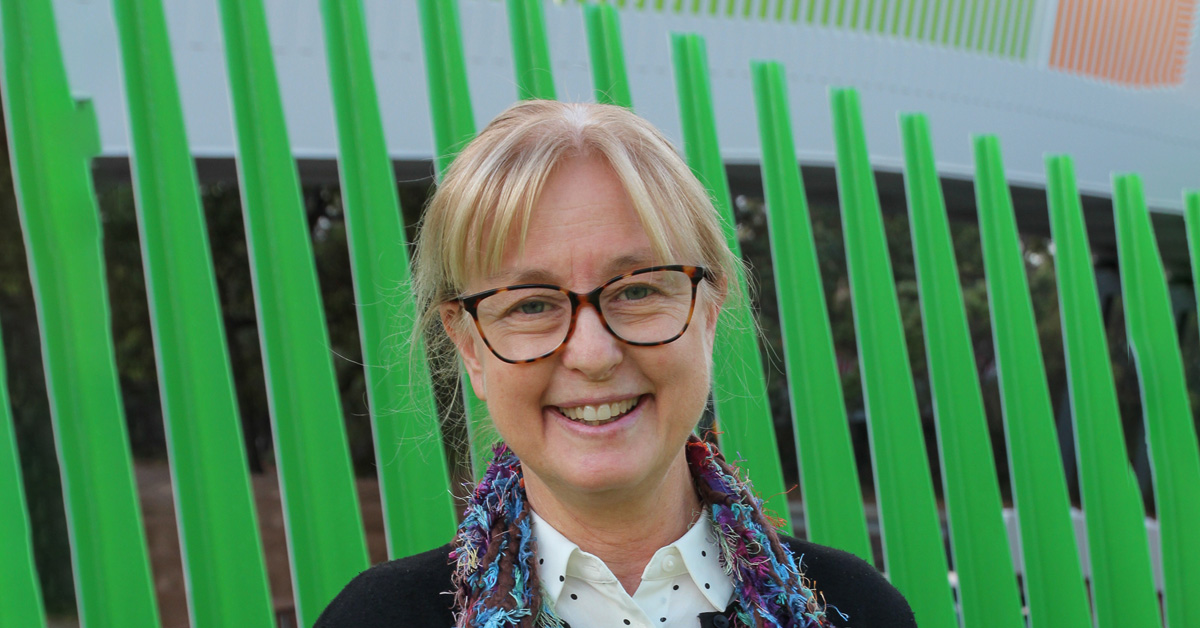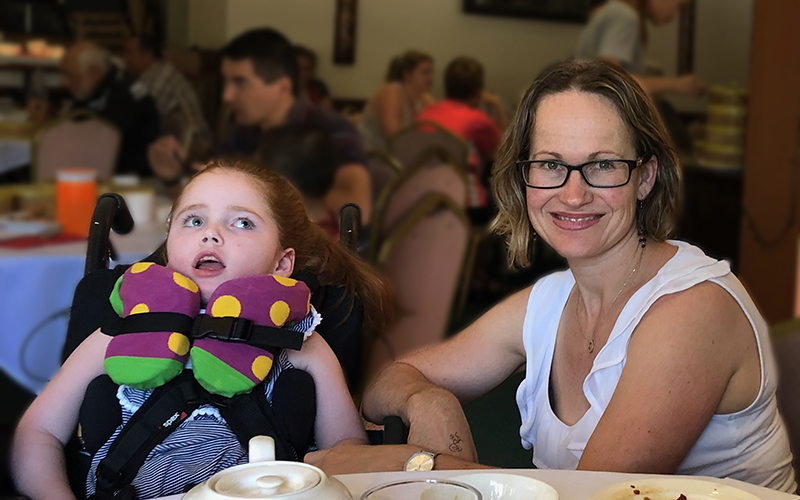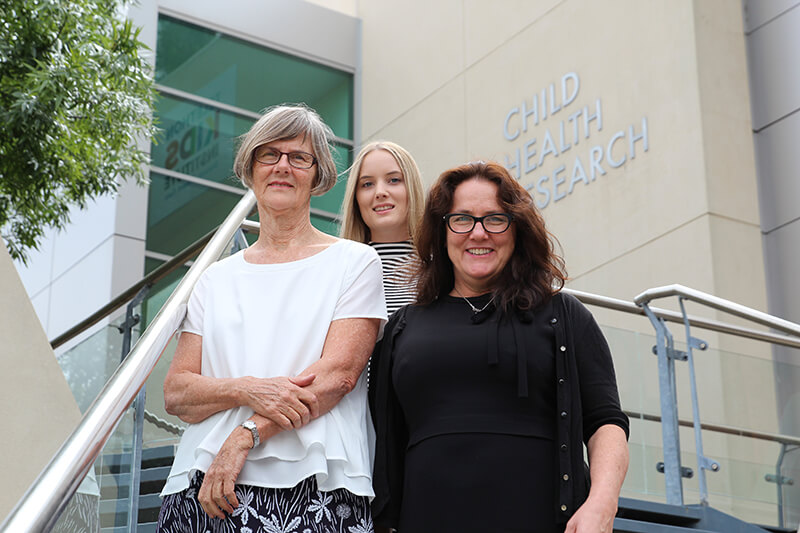Search
Research
Incidence and associated risk factors for falls in adults with intellectual disabilityPeople with intellectual disability fall at a younger age compared with the broader community
Research
Assessing the quality, efficiency and usefulness of the Western Australian population-based Intellectual Disability Exploring Answers (IDEA) surveillance systemThe IDEA system is a valuable resource to address the needs of people living with intellectual disability
Research
Incidence and prevalence of falls in adults with intellectual disability living in the community: a systematic reviewSynthesized findings demonstrate that people with intellectual disability, who live in community or residential settings, may fall more frequently, and at a younger age
Research
Addressing challenges in gaining informed consent for a research study investigating falls in people with intellectual disabilityThis study describes how an informed consent process was developed for people with intellectual disability and how it is working in a current study
Research
Risk and protective factors for the health of primary care-givers of children with autism spectrum disorders or ID: a narrative reviewWe aimed to review original research which described factors impacting the health of primary care-givers of children with Autism or Intellectual Disability
Research
Validation of intellectual disability coding through hospital morbidity records using an intellectual disability population-based database in Western AustraliaTo investigate how well intellectual disability (ID) can be ascertained using hospital morbidity data compared with a population-based data source.
Research
Comparing Parental Well-Being and Its Determinants Across Three Different Genetic Disorders Causing Intellectual DisabilityThis cross-sectional study examined parental well-being in caregivers of children with one of three genetic disorders associated with intellectual disability.

News & Events
Improving health access for children and families living with intellectual disabilityA project led by The Kids Research Institute Australia’s child disability team will seek to reduce potentially preventable hospitalisations and build health literacy for children and young people with intellectual disability.

News & Events
Feeding change helps keep kids with intellectual disability out of hospitalChildren with intellectual disability who underwent gastrostomy – a feeding tube placed into the stomach – had better overall health and fewer hospitalisations for all causes except acute respiratory illnesses, research led by The Kids Research Institute Australia has found.

News & Events
Nine out of ten young people in detention found to have severe neuro-disabilityNine out of ten incarcerated youth examined by The Kids researchers as part of a ground-breaking study had some form of neuro-disability.
